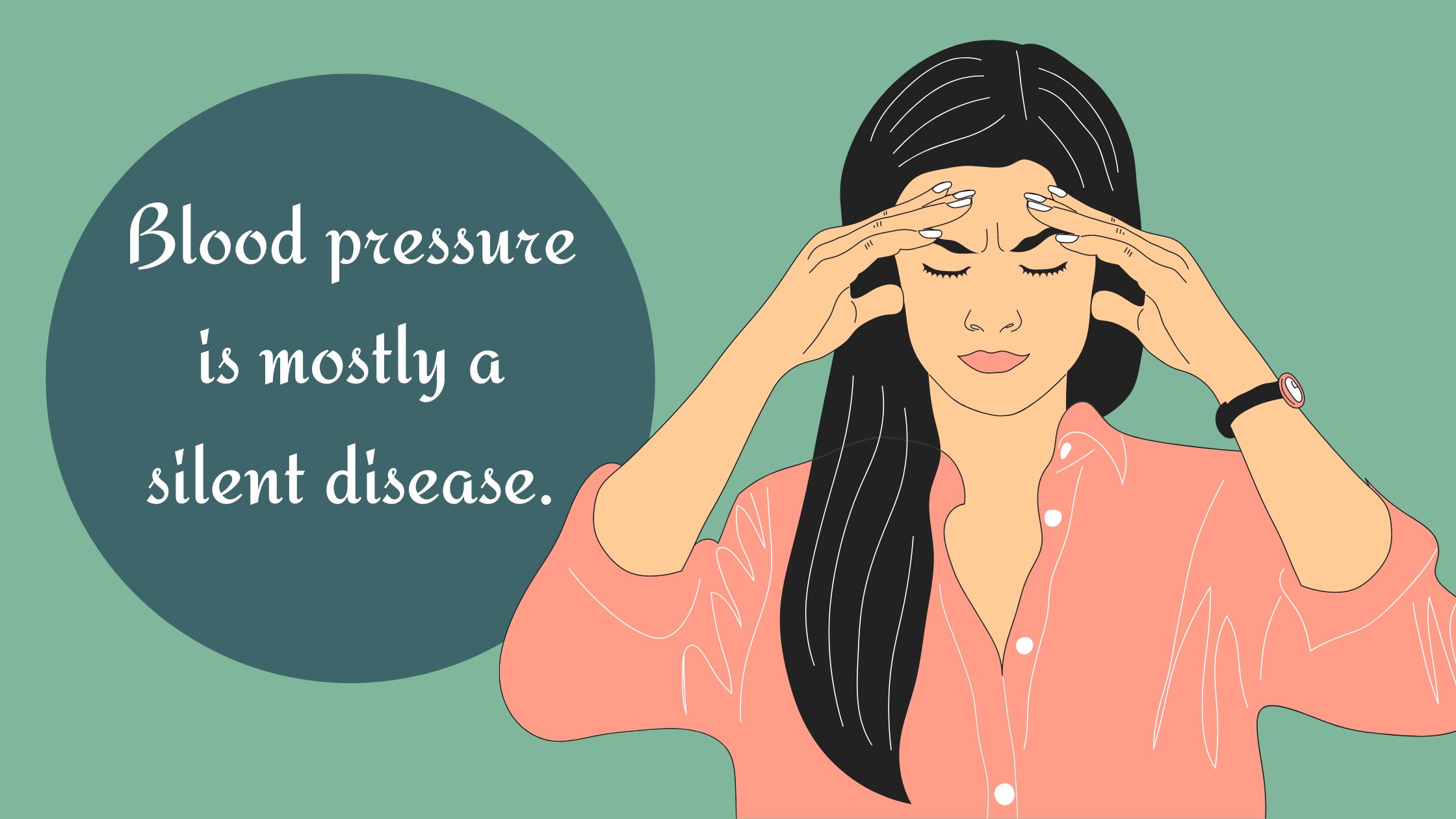6 Steps to Prevent Heart Failure
Heart failure (congestive heart failure) is a serious condition that can lead to disability and even death if ignored or left untreated. It happens when the heart becomes weakened and can no longer pump blood effectively, leading to symptoms like shortness of breath with activity or when lying down, fatigue, and swelling in the legs and ankles. While heart failure can be caused by a variety of factors, there are several steps you can take to reduce your risk and keep your heart healthy. Here are six key steps to preventing heart failure:
1. Maintain a Healthy Diet
The food you eat has a significant impact on your heart health. A diet that is high in saturated and trans fats, salt, and sugar can increase your odds of heart disease. While a diet that is rich in fruits, vegetables, whole grains, and lean proteins can help keep your heart healthy. To maintain a healthy diet, try to:
- Limit your intake of processed foods, which are usually high in salt, sugar, and unhealthy fats.
- Eat a variety of fruits and vegetables each day to get a wide range of nutrients.
- Choose lean proteins like chicken, fish, and beans instead of red meat.
- Eat whole grains like brown rice, quinoa, and oats.
- Avoid sugary drinks such as soda and juice, which can contribute to weight gain and diabetes.
2. Get Regular Exercise
Regular physical activity is essential for maintaining a healthy heart. According to research, exercise helps to strengthen your heart muscle, lower your blood pressure, and improve your overall cardiovascular health. To get the most benefit from exercise, aim to:
- Get at least 150 minutes of moderate-intensity exercise each week.
- Incorporate a mix of cardio and strength training into your routine.
- Choose activities you enjoy, like walking, cycling, or swimming, to make exercise more enjoyable.
- Gradually increase the intensity and duration of your workouts over time.
3. Control Your Blood Pressure
High blood pressure is a leading cause of heart failure, so it’s important to keep it under control. To maintain healthy blood pressure levels, try to:
- Monitor your blood pressure regularly and talk to your doctor if it consistently reads high.
- Maintain a healthy weight through diet and exercise.
- Limit your intake of salt, which can raise your blood pressure.
- Reduce your stress levels through relaxation techniques like meditation or deep breathing.
4. Manage Your Cholesterol
High levels of cholesterol in the blood can contribute to the buildup of plaque in the arteries, which can increase the risk of heart disease and heart failure. To keep your cholesterol levels in check, try to:
- Limit your intake of saturated and trans fats, which can raise your cholesterol.
- Choose healthy fats like those found in olive oil, nuts, and fish.
- Eat a diet rich in fiber, which can help lower your cholesterol.
- Take cholesterol-lowering medications as prescribed by your doctor.
5. Avoid Smoking
Smoking is a major risk factor for heart disease and heart failure. Nicotine and other chemicals in cigarettes can damage your heart and blood vessels, leading to a variety of health problems. To reduce your risk of heart failure, avoid smoking or quit if you currently smoke. Your doctor can help you develop a quit plan that works for you.
6. Monitor Your Health
Regular check-ups with your doctor are essential for maintaining a healthy heart. Your doctor can monitor your blood pressure, cholesterol levels, and overall cardiovascular health and recommend changes to your lifestyle or medications as needed. To stay on top of your heart health, be sure to:
- Schedule regular appointments with your doctor and follow up on any recommended tests or treatments.
- Pay attention to your body and report any new or worsening symptoms to your doctor.
- Keep track of your medications and take them as prescribed.
By following these six steps, you can significantly reduce your risk of heart failure and keep your heart healthy for years to come. Remember, it’s never too late to start making healthy changes, so start today
Article Sources
- Heart failure – Symptoms and causes. Mayo Clinic. https://www.mayoclinic.org/diseases-conditions/heart-failure/symptoms-causes/syc-20373142
- Congestive Heart Failure | Heart Failure | CHF. MedlinePlus. https://medlineplus.gov/heartfailure.html






